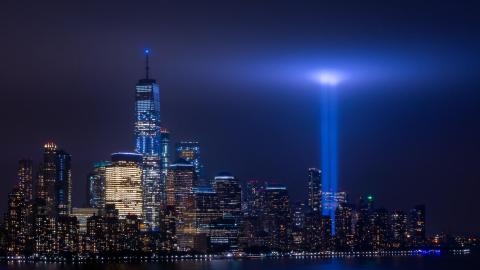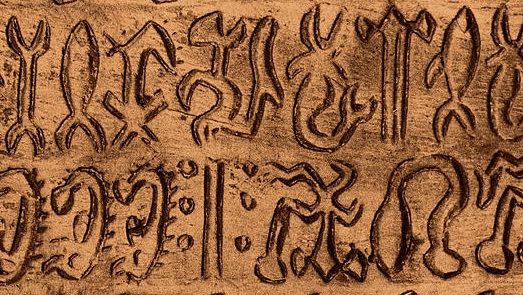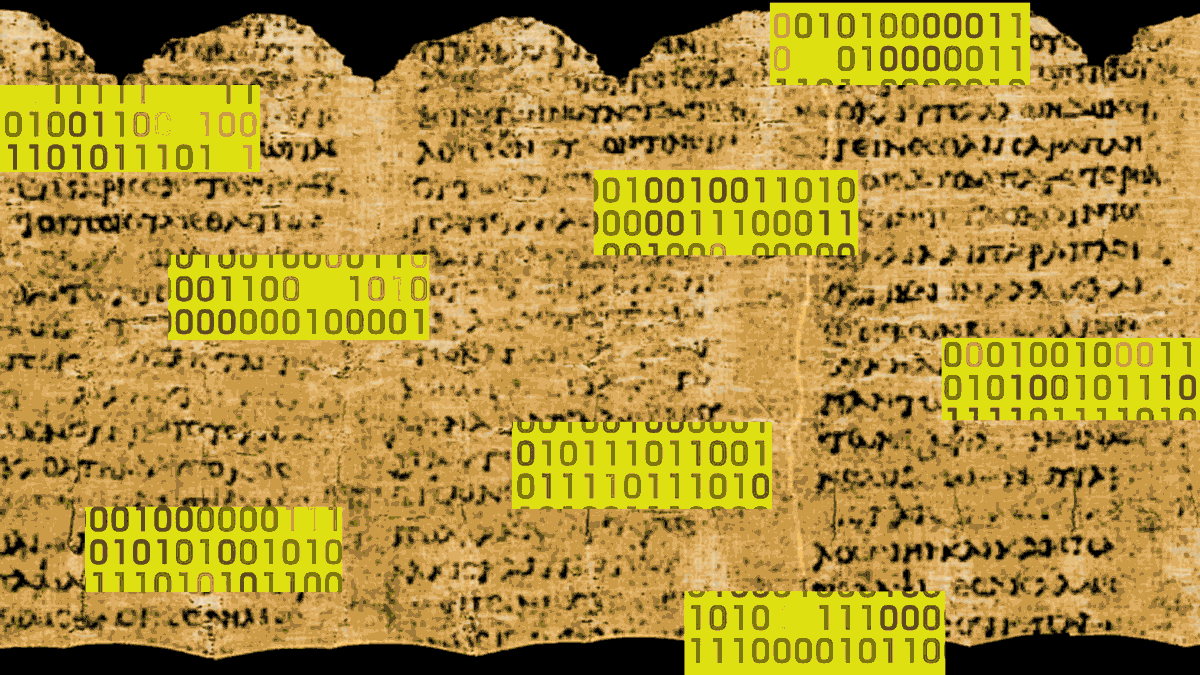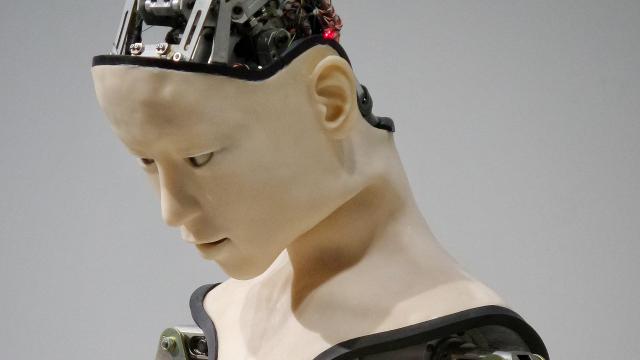Twenty years after 9/11, hindsight is 20/20

Credit: Jesse Mills via Unsplash
- The 20th anniversary of 9/11 arrives with pessimism and a sense of defeat.
- 9/11 caused a national trauma that lasted for years.
- We should remember this when analyzing the mistakes that America made in its war on terrorism during the subsequent 20 years.
As the 20th anniversary of the 9/11 terrorist attack approached, I was disappointed to see how negative the media coverage is. The overall reportage is defeatist, focusing almost exclusively on how America made countless mistakes and accomplished little if anything — perhaps even making global problems worse.
An article by Garrett Graff in The Atlantic was typical of the tone. Titled “After 9/11, the U.S. Got Almost Everything Wrong,” it concluded the following, each conclusion shown as a subheadline: (1) “As a society, we succumbed to fear.” (2) “We chose the wrong way to seek justice.” (3) “At home, we reorganized the government the wrong way.” (4) “Abroad, we squandered the world’s goodwill.” (5) “We picked the wrong enemies.”
For the sake of argument, let’s assume that everything in that article is exactly correct. While there are plenty of lessons to be learned from America’s many foreign (mis)adventures pre- and post-9/11, we should also remember this: hindsight is 20/20, particularly when you have had 20 years to think about what happened.
So, let’s rewind the tape two decades. I can tell you exactly where I was, what I was doing, and what I was thinking on September 11, 2001. Every one of us can.
*****
The phone rang sometime around 7:50 am Central Time. My father was on the other side. He told me that an airplane had crashed into the World Trade Center.
I was not interested. Surely, it was an accident. Besides, I was a sophomore in college and had far more important things to worry about: Tuesdays were my busy days. From 10 am to noon, I had a microbiology laboratory. Then from 1 pm to 5 pm, I had an organic chemistry lab. Groggily, I hung up the phone and went back to sleep.
About 15 minutes later, the phone rings again. It’s my dad. “The second tower has been hit. You need to wake up. We’re under attack.” I got up this time. I went upstairs and turned on the TV. My mouth dropped in disbelief. I called a friend and told her to wake up, too.
Classes at my university were not canceled, so I got into my car and headed to school. I turned on the radio and listened as reporters described how the first tower of the World Trade Center had just collapsed. Since I had never been to New York City, I distinctly remember thinking, “At least one tower will be there if I ever get to visit.” Then the other tower collapsed.
When I arrived at the microbiology lab, one of the professors had pulled a TV into the hallway so that we could listen to the latest news. The teaching assistant reminded us that, even though none of us felt like working, we still had assignments that needed to get done. All of us sat in silence as we worked. In the top right corner of my lab notebook, where I always wrote down the date, I added the following line: “WTC Disaster.”
After lab, I headed to the student center for lunch. People were crowded around televisions. In the hallway, I recall one student saying, “This is what we get for electing George Bush” — a rather odd sentiment given that, up until that point in his presidency, Bush was focused on education policy.
Naturally, students started discussing ideas about who might have done this. Iraq? Iran? Palestinians? Nobody knew. What we did believe is this: we are going to get attacked again. It was not a matter of if but when and where.
*****
My experience was not unique. Just about anyone who is old enough to remember 9/11 can recall the exact details of that day. How many other days are etched into your memory like that? Very few, if any. The point is this: we experienced a collective trauma that day. And the effects of that trauma lasted a very long time.
The truth is we were scared. The people in Bush’s inner circle were scared — as in they believed that the president might be assassinated with a missile while aboard Air Force One. This fact comes through very clearly in a new Apple TV+ documentary, called 9/11: Inside the President’s War Room. Former national security advisor Condoleezza Rice also notes that nearly 3,000 people were murdered on their watch. Naturally, they felt a responsibility never to allow something like 9/11 to happen again.
So, that is why the U.S. reacted the way that it did. More than three years after 9/11, we were still worried about terrorism — so much so, that Bush ran on a platform of beating it, and he won re-election. It was not until 2006 — more than five years after the attack — that Americans started to realize that things were not going according to plan, particularly in Iraq. As a result, the American people handed Congress to the Democrats, and in 2008, the presidency to Barack Obama.
But even then, the war on terrorism did not end. Obama made sure to hunt down Osama bin Laden, which successfully happened on May 2, 2011. (I remember exactly where I was when I heard that news, too.) After his death was reported, thousands of Americans were cheering in New York City and in front of the White House.
That is the emotional toll that 9/11 took on America. It is worth remembering that when we examine the past 20 years of foreign policy and war. Without a doubt, we made many terrible mistakes. But let’s also have a bit of humility and empathy as we analyze those mistakes, remembering why we made them in the first place.
As Rice asks in the aforementioned documentary, “What would you have done?”





